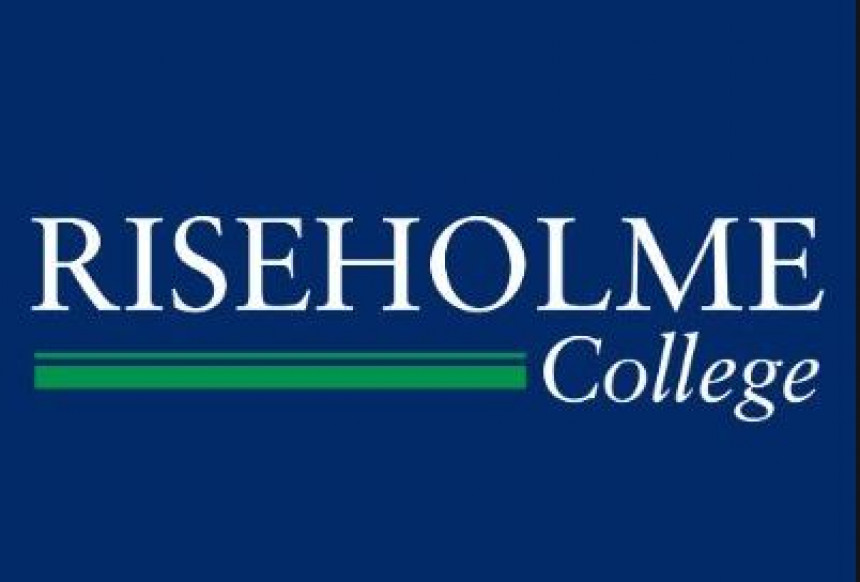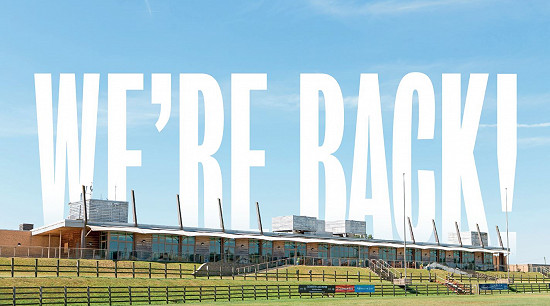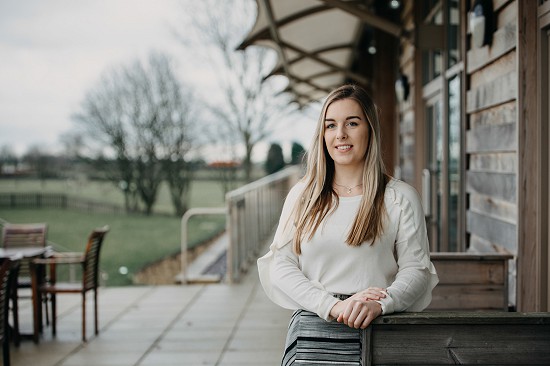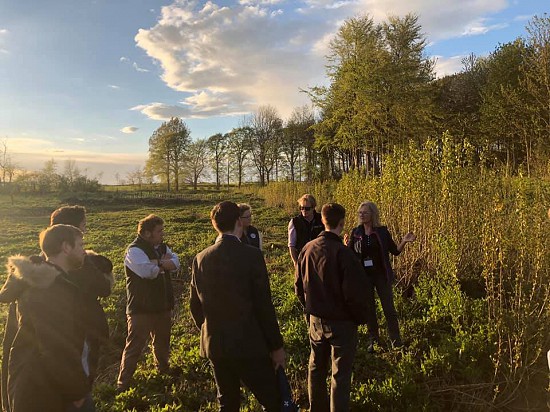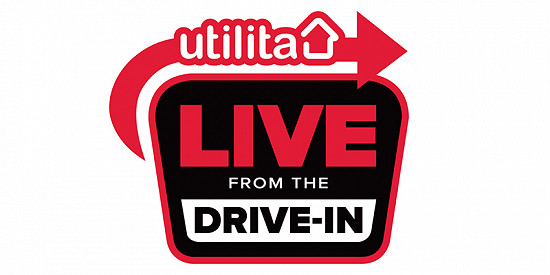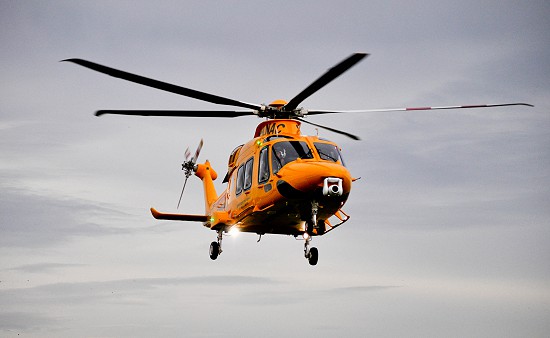Institute of Technology launch at Riseholme College 16 Jun
The latest in agricultural technology will be on show when Riseholme College near Lincoln launches its new Centre of Agri-Food Technology on Friday 25 June.
The centre is part of the Lincolnshire Institute of Technology (LIoT), an employer-led collaboration between the county’s further education colleges and the University of Lincoln which is designed to provide higher level technical and digital skills across the county.
Riseholme College has invested £1.2m in new facilities and equipment to educate the farmers and agriculturalists of the future in new ways to deliver both environmental and economic sustainability.
The college is working in partnership with the university and employers in the Agri-food sector to ensure that the benefits of new technologies such as precision farming, robotics and automation are maximised to support sustainable farm businesses post-Brexit.
College Principal Bill Meredith said: “We are championing sustainable and regenerative farming to ensure the future of farming in the UK. The process of withdrawal from the Common Agricultural Policy and the loss of the associated farm support payments makes it imperative that farmers use every tool at their disposal to maintain productivity whilst at the same time meeting environmental expectations. The LIoT will develop the skills required to harness the power of digital technologies and big data to meet the husbandry requirements of crops and livestock.”
Guests at the launch will see the specialist equipment obtained for the Centre, which includes GPS field mapping and guidance systems, thermal drone technology, a seed drill and fertiliser spreader fitted with variable application technology and farm plan software. This will allow students to become familiar with a complete precision farming system and explore how it can be used to reduce seed and fertiliser inputs whilst maintaining or improving crop yields. Sensory devices fitted to satellites, drones and other robotics machines will provide a wealth of data which students will be able to analyse to get a better understanding of how the in-field variability in factors such as soil type, soil nutrition, and plant density can best be managed. In addition to the data received from livestock management, welfare and husbandry systems to make improvements to stock health and welfare, as well as commercial viability, the college has also developed new curriculum, including a new degree in Precision Agriculture.
Applied research will also be an important feature of the LIoT and the students will be involved in field trials designed to explore how precision technologies can be further developed to improve production efficiency. Small scale specialist equipment including GPS enabled robotic self-drive machines will be used in the trials to mirror farm scale commercial precision farming systems. Such machines will allow students to develop their technical skills by manipulating components within the system in a relatively controlled manner.
Visitors will also see the opening of new student residential accommodation at the Showground campus before travelling to Riseholme Park Farm, where the college and the university have established new facilities for teaching and research. These include classroom space, a roundhouse for the suckler beef herd, a Centre for Agricultural Innovation, an area of land dedicated for student machinery operations, an area for field research trials, and completely renovated sheep housing. The equine facilities have also had an upgrade seeing an addition of a rider performance suit with mechanical horse, classroom, outdoor and indoor school extension and resurfacing, and behaviour and training yard in conjunction with leading employers, making this a site that is leading the way in landbased education.
The launch also coincides with the College’s first stockmanship show which will showcase the facilities.

